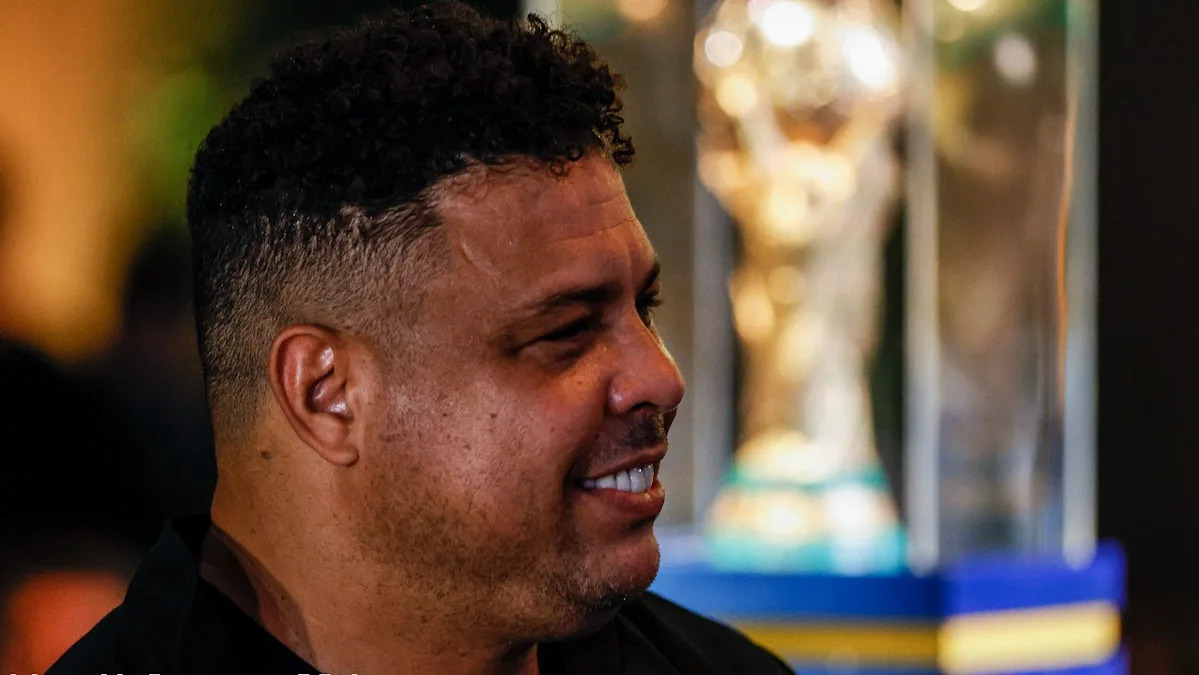
Real Valladolid finds itself at a pivotal juncture after enduring what many fans and analysts have described as one of the most challenging seasons in the club’s recent history. The team faced a disheartening La Liga campaign that ultimately culminated in relegation. Despite the gloom that surrounds this situation, one potential silver lining for Valladolid supporters was the exit of Ronaldo Nazario, the renowned Brazilian football legend whose ownership has long been a topic of contention.
Ronaldo took over a majority share in Real Valladolid in 2019, a moment filled with promise and anticipation. At the time, he expressed ambitious goals for the club, even declaring that they would aspire for Champions League football within five years. Unfortunately, the reality fell far short of these aspirations. Although Ronaldo increased his stake to more than 80%, fans soon grew disillusioned as they perceived little in the way of investment or tangible improvements. This dissatisfaction was poignantly displayed this season, with large sections of the fanbase protesting against his ownership and calling for change.
Recently, it was reported that Ronaldo had reached an agreement to sell his majority share to a North American investment group named Ignite, which comprises around ten investors. At the helm of this group would be Mexican businessman Gabriel Solares. Although the deal was initially valued at approximately €50 million—an amount similar to Ronaldo’s purchase price—it has since come to light that the ownership structure is not entirely as straightforward as it might seem.
Recent insights revealed that Ignite will hold only 54.46% of the shares in Real Valladolid, with other partners like Agora and smaller investors holding lesser stakes. One of the most significant developments is the role of Ben Oldman, an Investment Management Fund that has acquired 33.26% of shares as part of the agreement. This transfer was reportedly made to assist Ronaldo in clearing some of his personal debts, illustrating the complexities surrounding the deal.
Ben Oldman, based in Luxembourg, was founded by Isaac Benzaquen in 2013. A Spanish national, Benzaquen has interests across Israel, Spain, and the USA, operating out of multiple locations, including Madrid. While it remains unclear what Ben Oldman’s specific intentions are regarding their stake in Real Valladolid—whether they plan to sell later or actively engage in the club’s operations—their presence on the board signifies a shift in the club’s management dynamics.
Fans and analysts alike are left questioning the future of Real Valladolid. Will the new ownership bring fresh investment and renewed ambitions? Or will it merely signify a change in faces rather than a change in fortunes? The hope among supporters is for a more engaged and financially committed leadership that restores their faith in the club.
In recent years, numerous clubs have faced similar challenges, grappling with ownership struggles while trying to maintain competitive status in their respective leagues. The case of Real Valladolid serves as a cautionary tale of how quickly expectations can turn into disappointment, especially in the world of football where dreams are often built on the foundations of solid leadership and financial backing.
In conclusion, Real Valladolid has a long way to go in rebuilding and regaining the trust of its supporters. The departure of Ronaldo Nazario marks an important milestone, but it is only one step in what promises to be a complex journey ahead. As the new ownership takes the reins, fans will keenly watch their decisions and direction, hoping for a revival that will once again make La Pucela a club they can be proud of. The coming months will be crucial as Valladolid aims to establish a clearer identity and a renewed trajectory in both La Liga and beyond.
Source link









